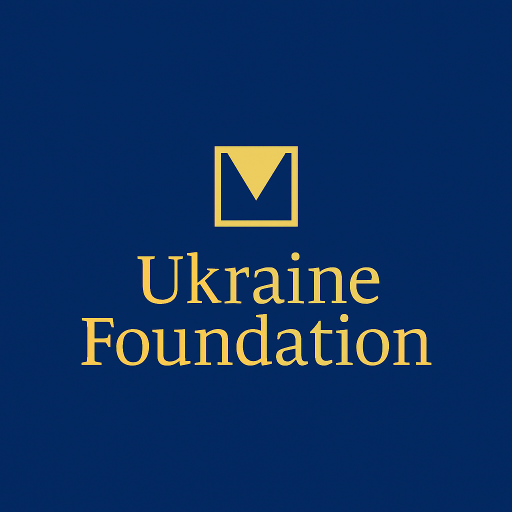Ukraine Foundation
Inspiring Change, Driving Impact
Anticipating Conflict Before It Ignites
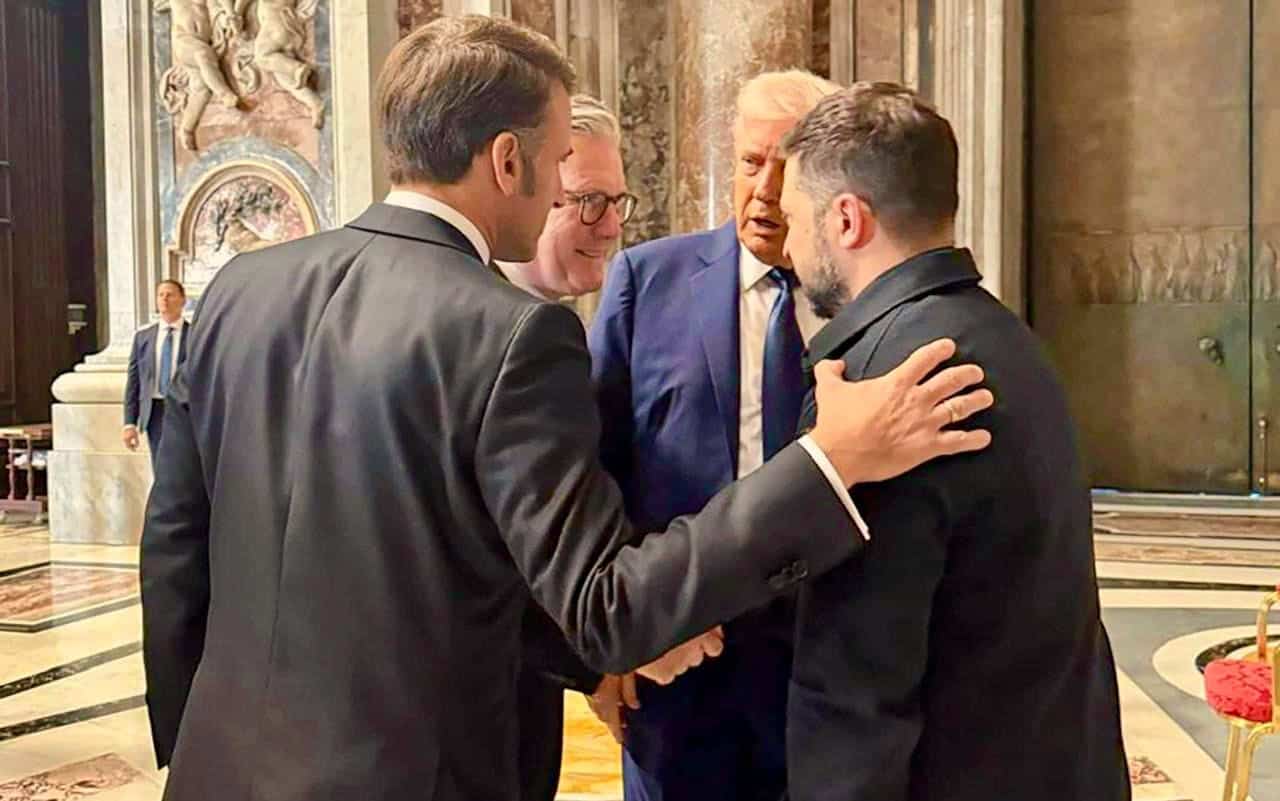
SentinelScope, developed by Ukraine Foundation, is a multidimensional analytical tool designed to deliver early warning, strategic foresight, and real-time insight into the intensity, trajectory, and potential escalation of political, military, and societal conflicts. By combining rigorous quantitative data analysis with qualitative contextual assessments, the Index provides a forward-looking, adaptive framework that enables policymakers, analysts, and humanitarian actors to anticipate crises before they erupt and respond with greater precision and agility.

Methodology
SentinelScope is built on a three-tiered analytical model:
• Structural Indicators assess deep-rooted vulnerabilities -such as ethnic divisions, historical grievances, institutional fragility, resource pressures, and authoritarian tendencies- to establish a long-term risk baseline for a given region or country.
• Dynamic Indicators, updated in real time or near-real time, capture the evolving manifestations of conflict, including violent incidents, troop movements, civilian displacement, protest dynamics, political crackdowns, and information warfare. These are drawn from reliable sources such as OSINT, satellite imagery, media monitoring, and field reports.
• Perceptual Indicators reflect the societal pulse through sentiment analysis, polling data, and expert insight, measuring public mood, institutional trust, and perceived legitimacy. This layer reveals how communities are interpreting and responding to unfolding pressures
Each indicator is scored and weighted according to its relevance and reliability. The combined output generates a composite score on a 0–100 scale, categorizing conflict levels as latent, emerging, active, or severe. Trend analysis tools within the Index track escalation or de-escalation patterns, helping forecast future developments.
Applications
SentinelScope serves a broad range of users, with a strong emphasis on early detection and strategic anticipation:
• Governments: The Index equips government agencies with early warning insights, allowing them to initiate diplomatic interventions, security measures, or stabilization efforts before a crisis peaks. It also supports strategic prioritization in foreign aid, peacekeeping missions, and regional engagement policies.
• Diplomacy and International Organizations: SentinelScope informs conflict prevention strategies and diplomatic engagement, guiding the timing and targeting of international efforts.
• Humanitarian Planning: NGOs and aid organizations use the Index to forecast humanitarian needs, identify emerging access risks, and plan for population displacement or resource shortfalls.
• Risk and Investment Analysis: The private sector—particularly in high-risk industries such as energy, insurance, and logistics—relies on the Index to evaluate geopolitical exposure and protect operations in fragile environments.
• Academic and Media Research: Researchers, universities, and media outlets use the Index for evidence-based analysis, regional monitoring, and narrative framing grounded in real-time, empirical data.
Ukraine Foundation’s SentinelScope distinguishes itself through its integration of structural insight, real-time monitoring, and anticipatory analytics—making it a vital tool for managing the uncertainties of today’s complex and fast-evolving conflict landscapes.
We Are Team UA: Voices of Impact
Our Policy and Research Fellowship Team brings together 20 outstanding individuals: 2 Distinguished Senior Fellows, 7 Senior Fellows, 2 Special Fellows, 4 Fellows, and 5 Associate Fellows. This powerhouse of expertise is building one of the most dynamic and impactful policy research communities focused on Ukraine today. To learn more about each of them, click on his or her image.
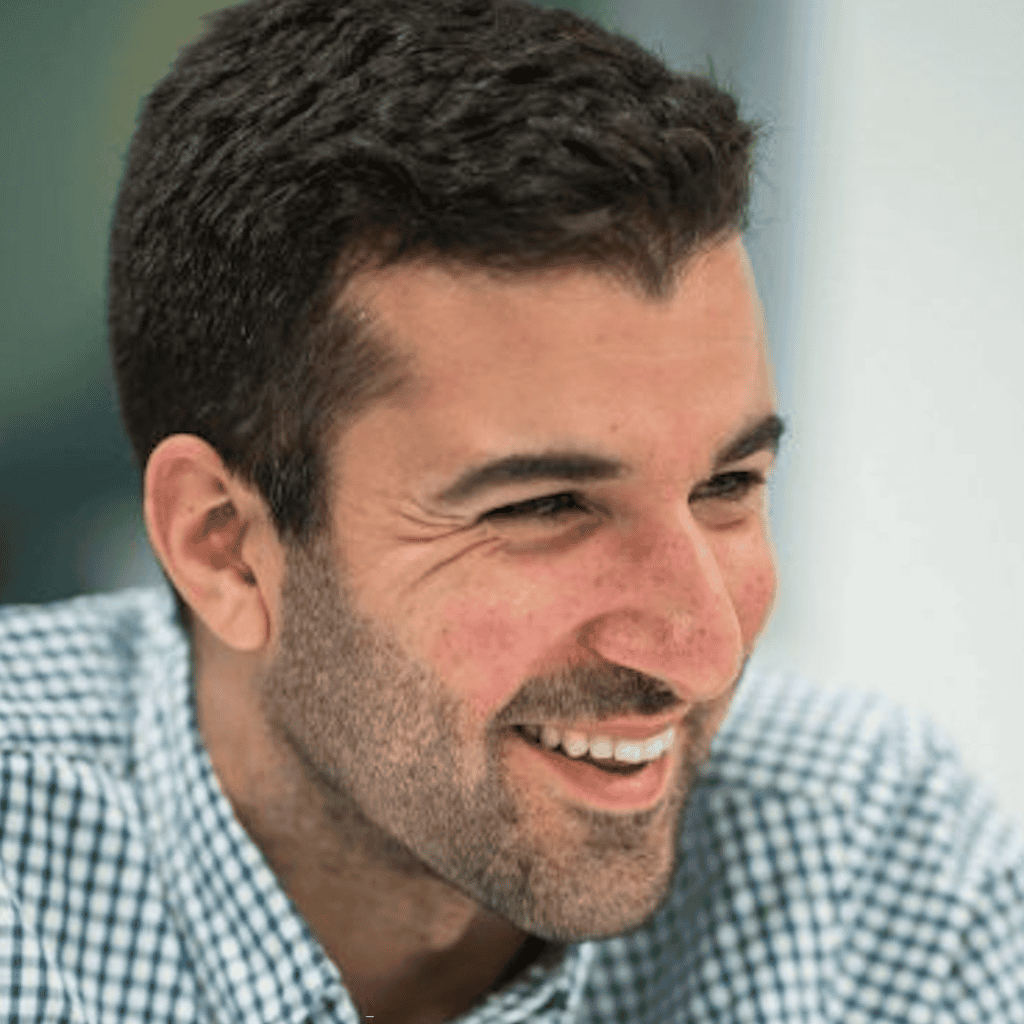
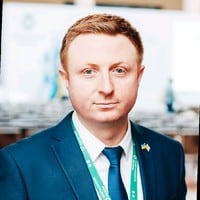
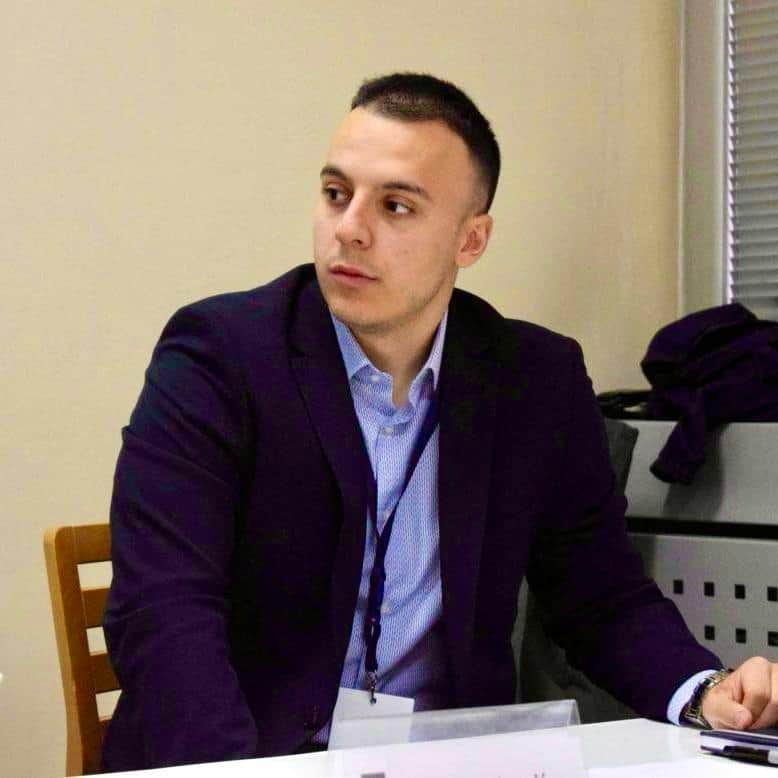
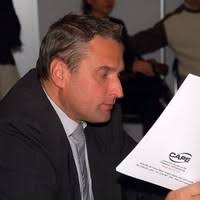
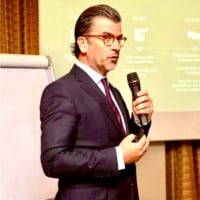
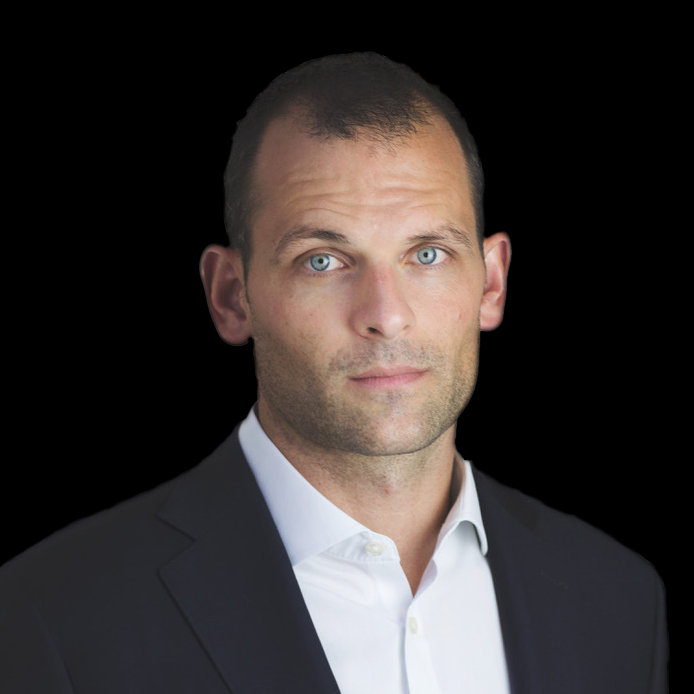

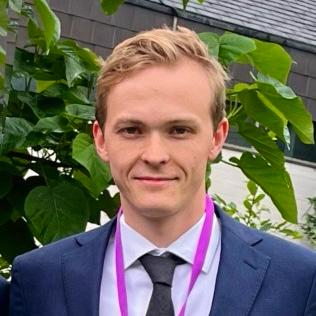
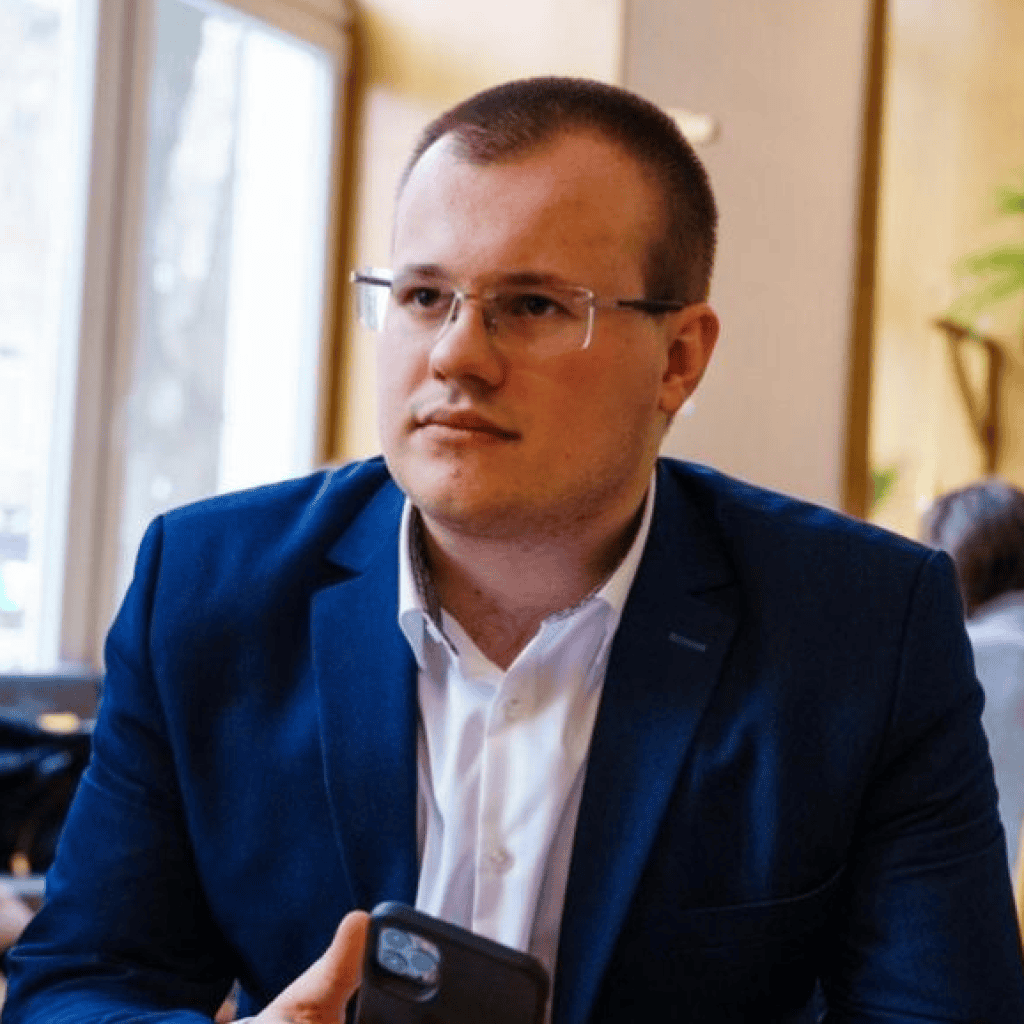
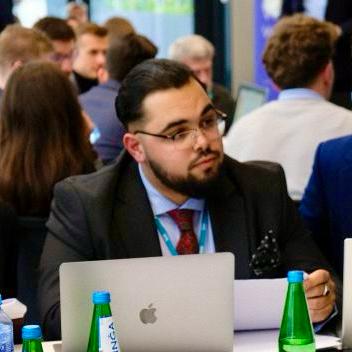
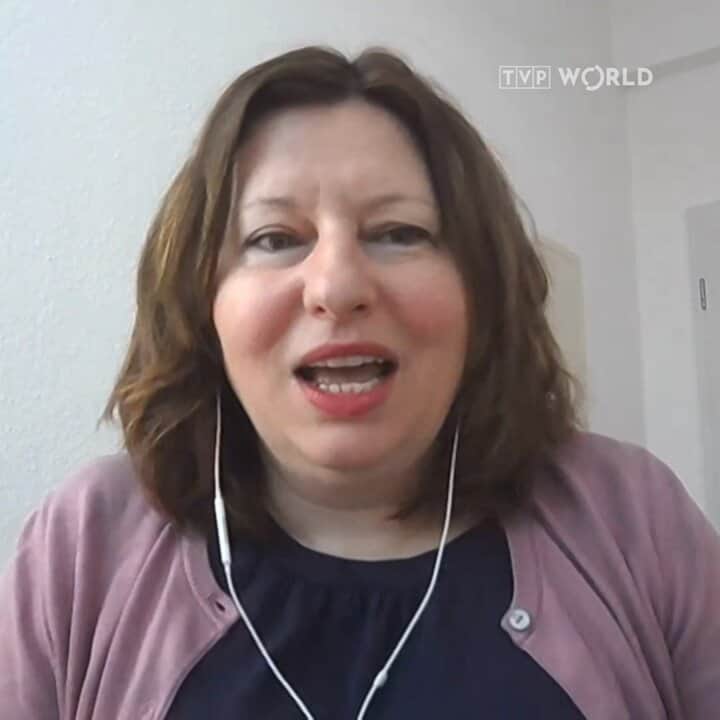
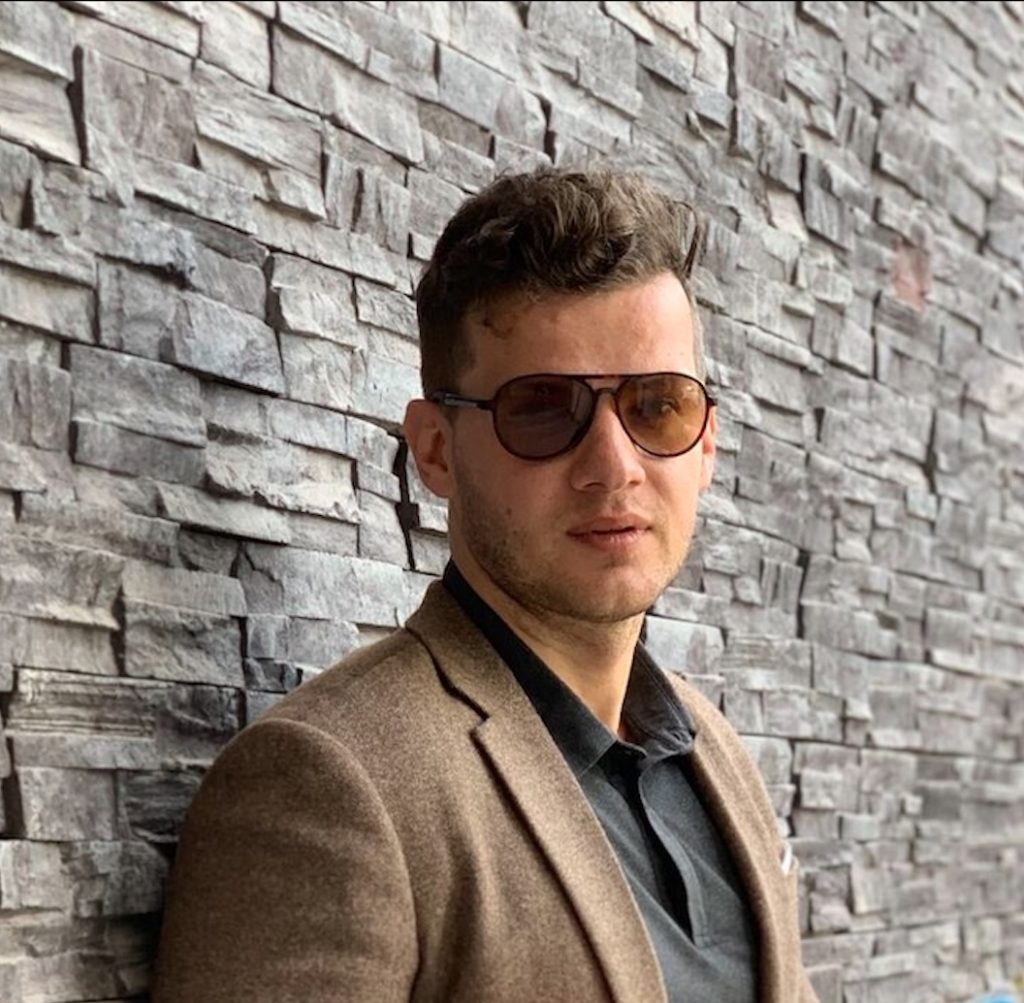


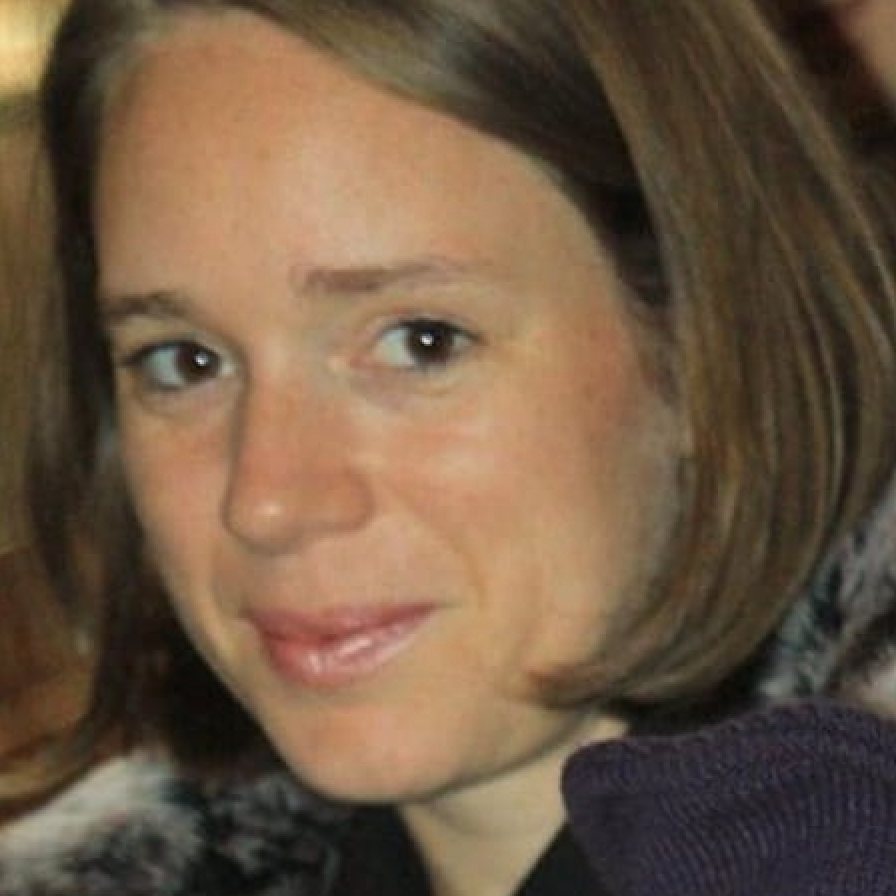
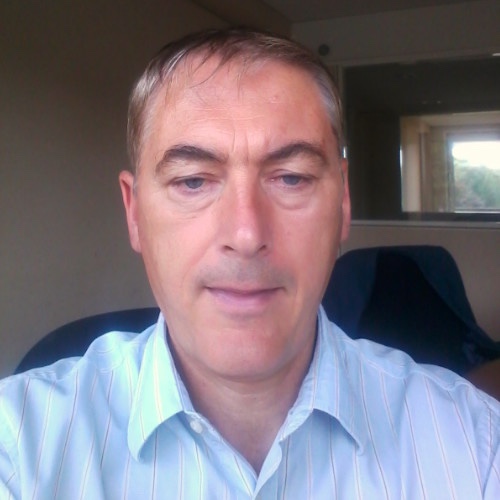
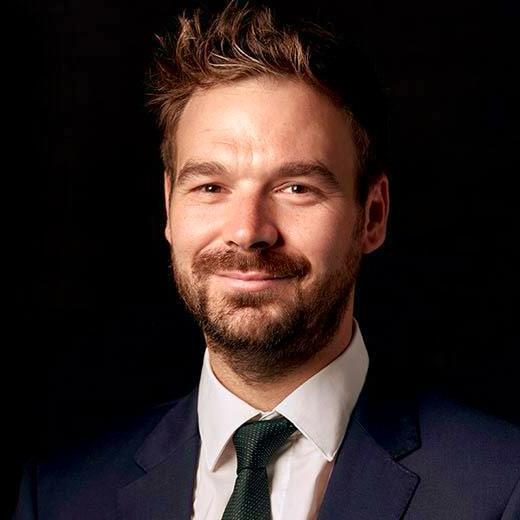
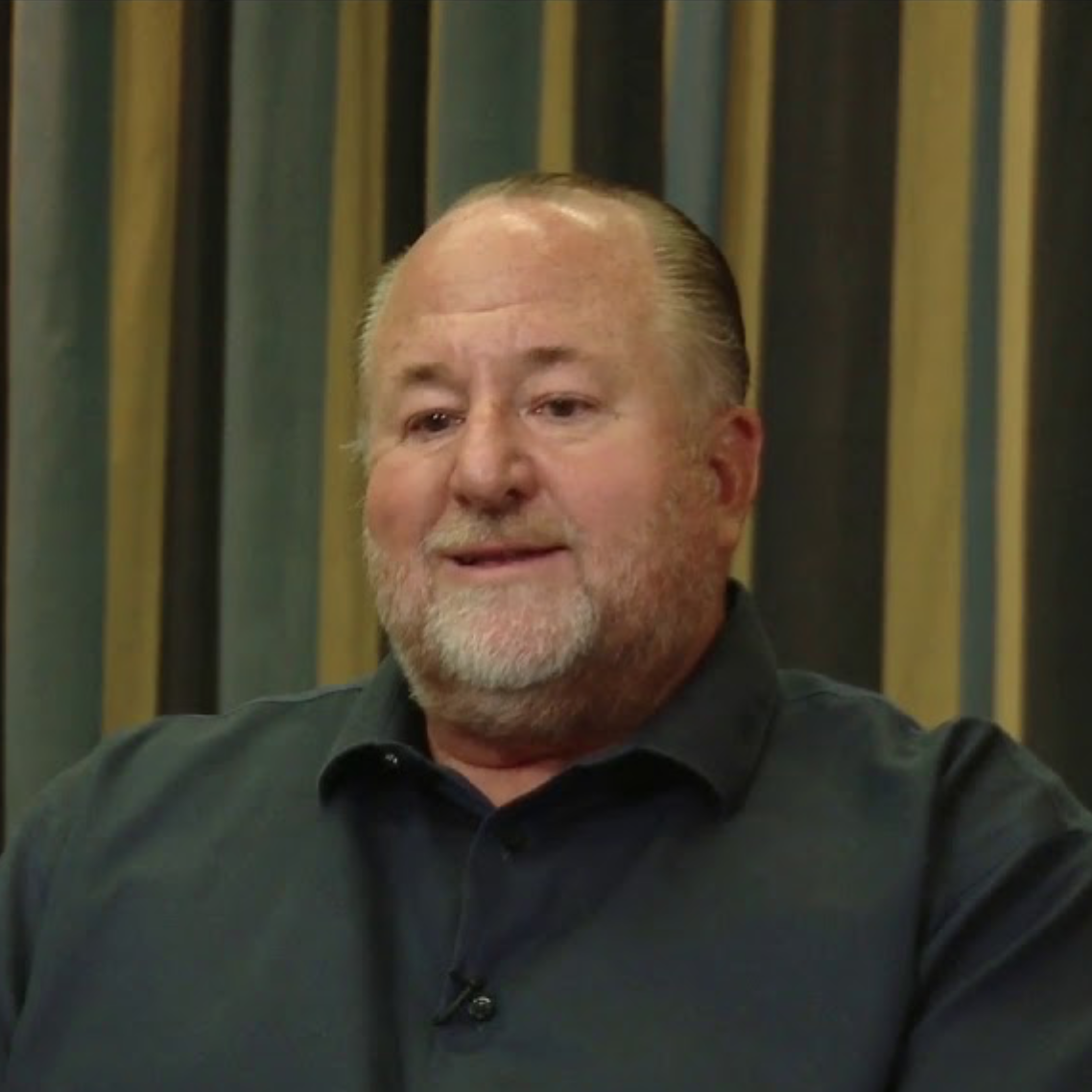
Our Fellows and our team hail from the world’s most prestigious universities — Oxford, Cambridge, Harvard, Yale, Princeton, Berkeley, LSE, UCL and King’s College — and bring a wealth of experience from the front lines of government, international financial institutions, diplomacy, defence, intelligence, think tanks, and academia.
Their analysis and commentaries have been featured on CNN, BBC, Al Jazeera, Fox News, Bloomberg, Reuters, Financial Times, The New York Times, The Washington Post, The Guardian, Politico, the Kyiv Post, Ukrainska Pravda, and on all major Ukrainian television channels.
Their research have been published in peer-reviewed publications including Foreign Affairs, Foreign Policy, Harvard International Review, The National Interest, European Economic Review, Bulletin of the Atomic Scientists, Journal of Strategic Studies, International Institute for Strategic Studies’ Survival, Journal of Conflict Resolution, and World Politics Review.
Together, they form a brain trust capable of shaping the next generation of policy solutions.
Princeton University & Modern War Institute At West Point: Dr. Mariya Heletiy Publishes “The Balkans Model and Conditions for Peace in Ukraine” In the Irregular Warfare Initiative
We are proud to share the latest contribution from Dr. Mariya Heletyi, whose new article has been published by the Irregular Warfare Initiative, a joint project of Princeton University’s Empirical Studies of Conflict and the Modern War Institute at West Point.
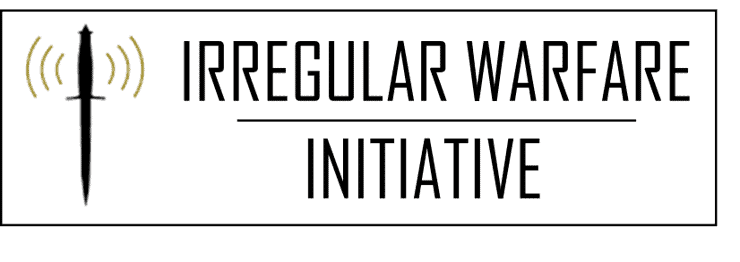
In “The Balkans Model and Conditions for Peace in Ukraine,” Dr. Heletiy draws on the experience of the Balkan conflicts to analyze the irregular warfare nature of Russia’s invasion of Ukraine—and what it means for peacebuilding. Her analysis offers a sobering but necessary perspective: that peace in Ukraine cannot be built on traditional negotiations alone.
Using the backdrop of Russia’s repeated violations of ceasefire agreements—most recently its broken “Easter truce”—Dr. Heletiy argues that today’s hybrid conflicts require more than diplomatic handshakes. The war in Ukraine spans far beyond the battlefield, touching diplomatic, informational, economic, humanitarian, and military fronts. As she points out, ceasefires in irregular conflicts often serve less as a path to peace and more as a pause for regrouping and rearming.
Drawing lessons from the Balkans, Dr. Heletiy proposes that irregular warfare tools—such as economic pressure, information campaigns, and unconventional tactics—must be part of any comprehensive strategy for sustainable peace. Her article warns against the false comfort of conventional approaches that do not account for the ideological drivers, asymmetries, and non-state actors that continue to shape today’s conflicts.
We encourage everyone interested in peace and security in Ukraine and beyond to read Dr. Heletiy’s full piece, which brings deep insight and strategic clarity to one of the most pressing issues of our time.
Geneva and Kyiv: On June 12, the Ukraine Foundation and the Professional Government Association of Ukraine successfully launched their joint Espresso Speaker Series with a presentation by William Dixon, who shared his latest research findings titled “Ukraine as the Cyber Spanish War.”
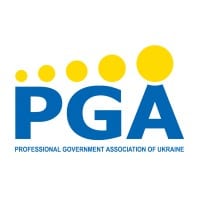
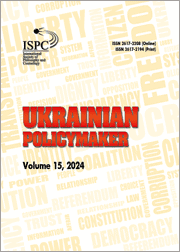
William Dixon serves as Ukraine Foundation’s Senior Fellow for Technology and Cybersecurity Affairs, and as a Senior Associate Fellow at the Royal United Services Institute (RUSI) -the world’s oldest defense and security think tank- where he specializes in cyber and international security issues.
He presented insights from his soon-to-be-published research in Ukrainian Policymaker, offering a compelling analysis of Ukraine’s role in the evolving global cyber landscape.
This was a timely conversation, as Ukraine’s advancements in cyber capabilities—including Unmanned Aerial Vehicles (UAV), Counter-Electronic Warfare (CEW), and Artificial Intelligence (AI)—coupled with strategic planning and strict operational security, have recently drawn the attention of global policymakers and defense strategists.
The discussion was moderated by Dr. Anna Mysyshyn, a global expert in AI ethics, cybersecurity, and digital governance, and founder of the Institute of Innovative Governance. Her thoughtful guidance sparked a lively exchange with our engaged audience.
About William Dixon
William Dixon began his career in the UK Intelligence Community, serving as an operational and strategic lead for various national security and cyber programs within Her Majesty’s Government Communications Headquarters (GCHQ). After leaving government service, he held the role of Head of Future Networks and Technology at the World Economic Forum. He also served as Global Head of Intelligence at Barclays. He is a published author and contributor to numerous publications and holds a Master’s degree in Intelligence and International Security from the War Studies Department at King’s College London.
About Dr. Anna Mysyshyn
Dr. Mysyshyn’s expertise has been sought by leading international institutions including the United Nations, UNDP, FCDO, U.S. Department of State, and the German Marshall Fund. She has played a pivotal role in shaping global regulatory frameworks and cybersecurity strategies. A recognized thought leader and policy advisor, Dr. Mysyshyn has lectured in over 20 countries. She holds a PhD in Law and three LL.M. degrees from prestigious Russell Group universities.
Looking Ahead
Our next Espresso Conversation will feature Dr. Mariya Heletiy, the Ukraine Foundation’s Non-Resident Senior Fellow for Peace Processes and Conflict Resolution, who will discuss: “Lessons Learned from the Balkans and Nagorno-Karabakh Conflicts for the Future of Ukraine.”
Geneva: Ukraine Foundation Hosted Yana Liubymova
On April 10th 2025, Ukraine Foundation hosted Yana Liubymova for a policy briefing and discussion on the challenges faced by internally displaced persons (IDPs) in Ukraine. Joining the broader Ukrainian delegation, our keynote speaker engaged in a Q&A session with the audience following her remarks.
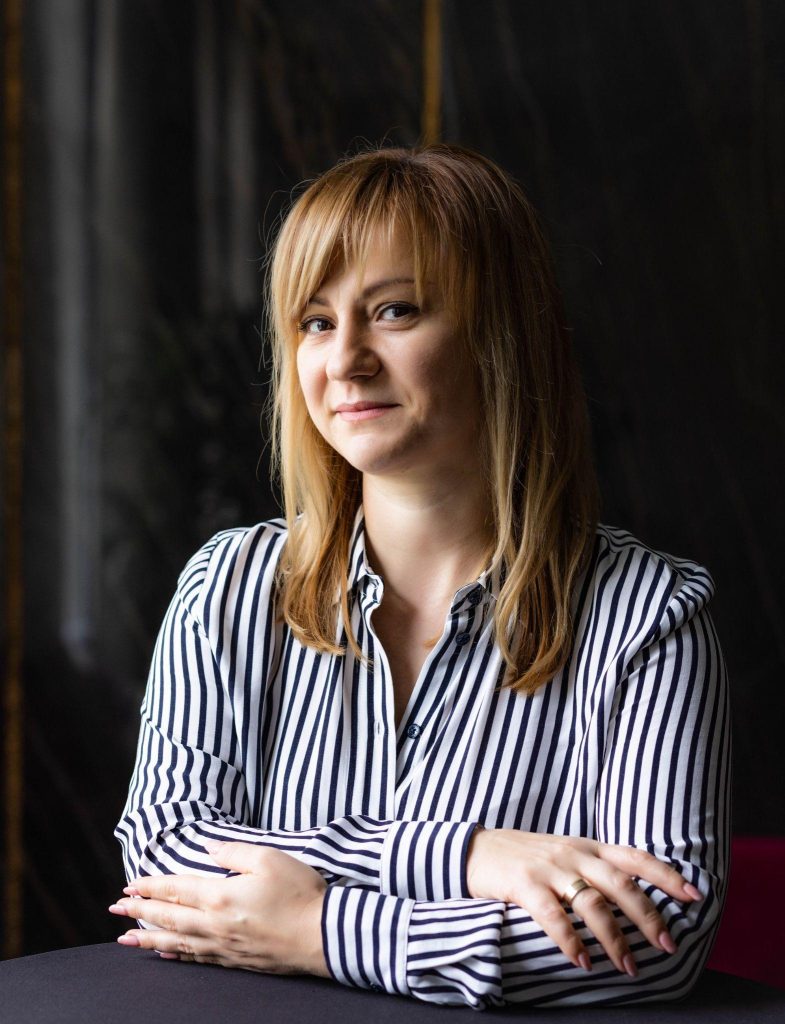
Yana Liubymova is a member of the international advisory group of the Office of the Special Adviser to the UN Secretary-General on Solutions to Internal Displacement. She is a member of the Board of Displaced International (DI) and an internally displaced leader in Ukraine. She is also a member of the Expert Council of the International Renaissance Foundation, a Resilience Consultant for UNICEF, and a member of the Association of Government Professionals. These major roles build on her extensive expertise and experience in social and humanitarian policy formulation and implementation gained through her work with both international organizations and Ukrainian government institutions.
She has served as the Deputy Head of the Secretariat of the Parliament Commissioner for Human Rights of Ukraine and as an Adviser to the Head of the Luhansk Regional Military Administration. Currently, she leads the Council on Internally Displaced Persons (IDPs) under the Luhansk Regional Civil-Military Administration. Despite having been displaced twice in Ukraine, Yana Liubymova has refused to leave her beautiful homeland, staying back to serve internally displaced communities.
She holds a Master of Law from the East Ukrainian National University and a Master of Engineering and Pedagogy from the Ukrainian Engineering and Pedagogical Academy. She speaks English, Russian, and Ukrainian.
This event was organized in association with the Professional Government Association of Ukraine.
Join Us
The Board brings together former diplomats, policymakers, economists, security experts, and business leaders dedicated to supporting Ukraine’s global policy agenda.
Be part of shaping Ukraine’s strategic direction in a rapidly changing world. The Board welcomes collaboration with governments, institutions, and experts worldwide. Contact us:
By phone: +1-202 966 7200
By email: policy@ukrainefoundation.ch
